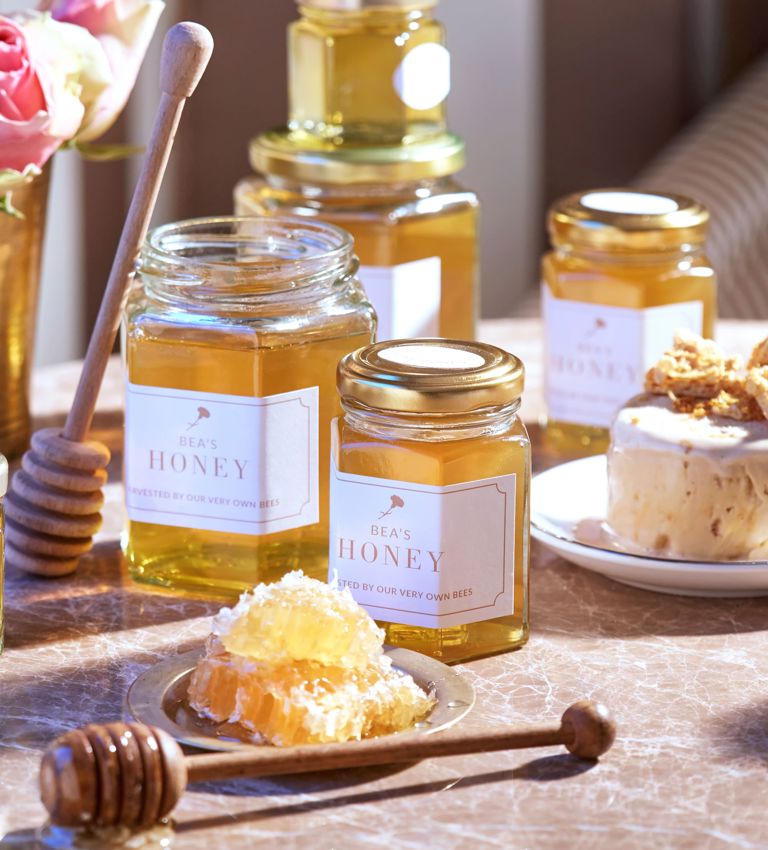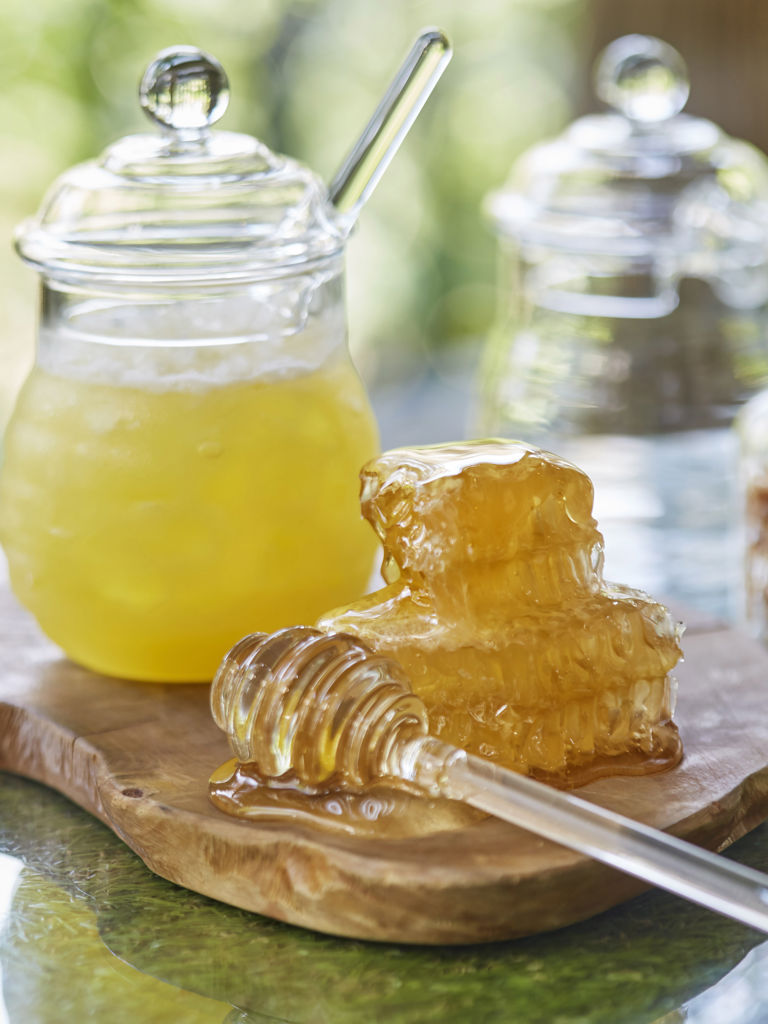
Meet Bea's bees
Meet Bea's bees, over half a million honeybees spread across three of our hotels.

Meet Bea's bees, over half a million honeybees spread across three of our hotels.
Did you know that honey boasts a number of natural benefits? It's antibacterial, moisturising and has anti-ageing properties. Try these benefits for yourself at home.
Discover more